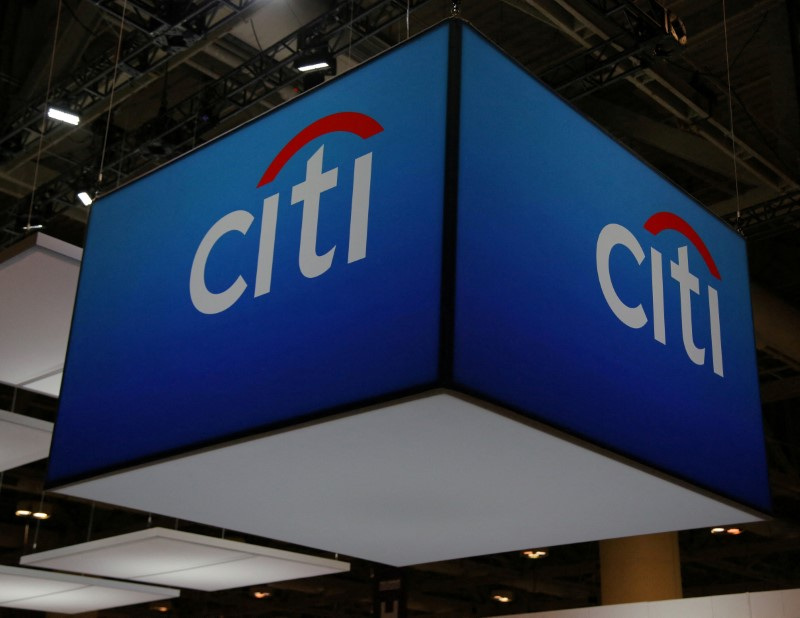(Reuters) -Citigroup and Apollo Global have partnered for a $25 billion private credit and direct lending program, illustrating a growing alliance between banks and non-banks looking for a slice of the lucrative $2 trillion market.
Abu Dhabi sovereign wealth fund Mubadala Investment Company and Apollo’s annuity and retirement services unit, Athene, will also participate in the program, the companies said on Thursday.
Private credit refers to the loans provided by non-bank lenders like Apollo, which are not subjected to the same degree of regulation as banks. Such loans are typically made to risky borrowers or companies looking to clinch mega buyouts with debt.
These loans can be processed quicker and are an important source of funds for borrowers deemed too vulnerable by conventional banks.
While initially viewed as a threat to banks, private credit firms have rushed to partner with traditional lenders in the last several months. Banks can help find customers more easily and pocket a fee without risking their own capital.
In January, Citi launched another private lending vehicle in partnership with alternative investment manager LuminArx Capital.
“Combining the strength of Citi’s banking and capital markets franchise with Apollo’s deep capital resources will provide clients with a range of options to meet their evolving financing needs,” Citi’s banking head Viswas Raghavan said in a statement.
The program will initially focus on North America but it can expand to more geographies later and stretch beyond the $25 billion target, the companies said.
“The partnership is yet another example of the rapid growth of Private Credit into mainstream finance,” said Ana Arsov, global head of private credit at Moody’s (NYSE:MCO) Ratings.
Last week, Apollo also secured a $5 billion commitment from BNP Paribas (OTC:BNPQY) to expand its private credit firepower.
A report published in April by the International Monetary Fund said the private credit market should be scrutinized more closely as its opaque and highly interconnected nature could lead to systemic risks for the broader financial system.

